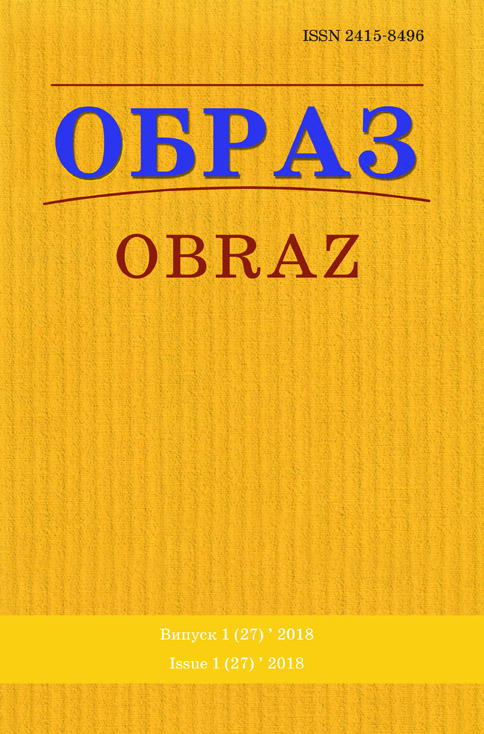Анотація
У статті аналізується розвиток релігійної журналістики на прикладі християнського видання для родини «Кана». Досліджується вплив конфесійних ЗМІ на аудиторію та способи вираження ними ключових позицій інституту церкви. Мета дослідження полягає у формуванні морально-ціннісної картини публікацій журналу «Кана». Визначено, що видання має різнорідну рубрикацію й розгалужену тематику. Завдяки цьому редколегія має змогу охопити якнайповніше всі сфери життя та дати якнайширшу відповідь на численні питання звичайного сім’янина через призму християнських традицій та цінностей. Водночас розмаїття видання не заважає тому, щоб сприймати його як цілісне контекстне полотно, адже через кожну публікацію проходить вектор морально-етичних орієнтирів християнина.
Посилання
1. Boyko, A. «Church press: what it torments to be», available at: http://journlib.univ.kiev. ua/index.php?act=article&article=1896 (accessed 7 November 2017).
2. Report on the network of churches and religious organizations in Ukraine as of January 1, 2017 (2017), available at: https://docs.google.com/viewer?docex=1&url=http://www.irs.in.ua/ files/statistic/2017.03.29_Form1_MCU_Nakaz260.xls (accessed 3 March 2018)
3. Kalenichenko, T. (2015), «Viktor Yelensky: “This year, the church for the first time in a long time received serious rivals in the field of human trust and love”», RISU, available at: https:// risu.org.ua/en/index/expert_thought/interview/62091/ (accessed 23 January 2018).
4. Mishovsky, M. (2017), «Journalists of “Kana”: Our magazine is where to grow, there is someone to grow, there is who to reach», Credo, available at: http://credo.pro/2017/06/184235 (accessed 28 January 2018).
5. Mishovsky, M. (2017), «Who does Kanа?», Credo, available at: http://credo. pro/2017/05/181920 (accessed 2 February 2018).
6. Petrushenko, V. (2008), Ethics and aesthetics, Publishing House of the National University «Lviv Polytechnic».
7. Razumkov Center (2017), «The Attitude of Ukrainian Citizens to Public Institutions, Electoral Orientation», available at: http://razumkov.org.ua/napryamki/sotsiolohichni-doslidzhennia/stavlennia-hromadian-ukrainy-do-suspilnykh-instytutiv-elektoralni-oriientatsii -2 (accessed 3 March 2018).

Ця робота ліцензується відповідно до ліцензії Creative Commons Attribution 4.0 International License.

